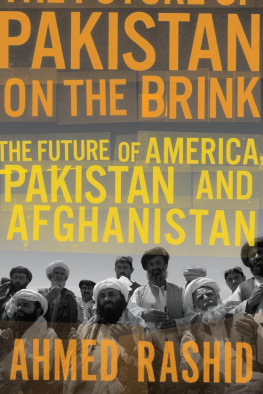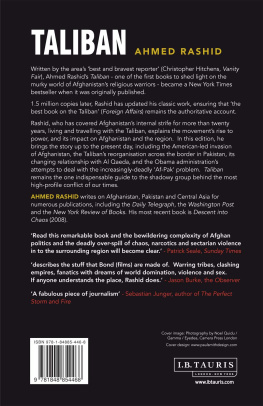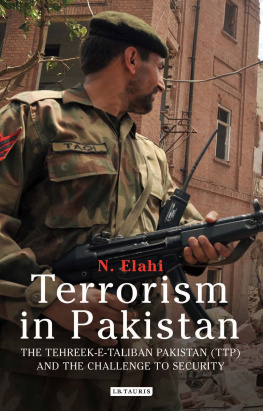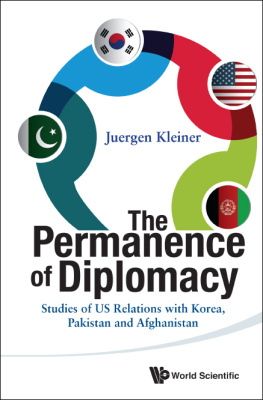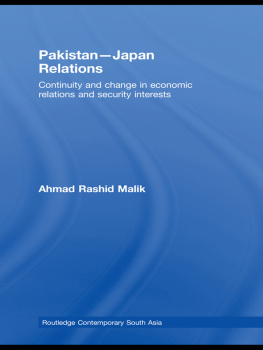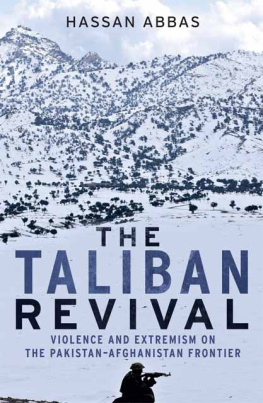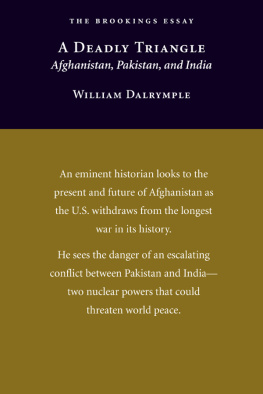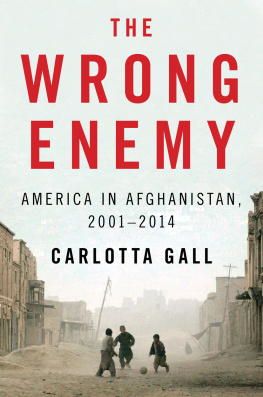PAKISTAN
ON THE
BRINK

ALSO BY AHMED RASHID
Descent into Chaos: The U.S. and the Disaster in Pakistan,
Afghanistan, and Central Asia
Jihad: The Rise of Militant Islam in Central Asia
Taliban: Militant Islam, Fundamentalism, and Oil in Central Asia
The Resurgence of Central Asia: Islam or Nationalism?
PAKISTAN
ON THE
BRINK
The Future of America,
Pakistan, and Afghanistan
AHMED RASHID
VIKING
VIKING
Published by the Penguin Group
Penguin Group (USA) Inc., 375 Hudson Street, New York, New York 10014, U.S.A. Penguin Group (Canada), 90 Eglinton Avenue East, Suite 700, Toronto, Ontario, Canada M4P 2Y3 (a division of Pearson Penguin Canada Inc.) Penguin Books Ltd, 80 Strand, London WC2R 0RL, England Penguin Ireland, 25 St. Stephens Green, Dublin 2, Ireland (a division of Penguin Books Ltd) Penguin Books Australia Ltd, 250 Camberwell Road, Camberwell, Victoria 3124, Australia (a division of Pearson Australia Group Pty Ltd) Penguin Books India Pvt Ltd, 11 Community Centre, Panchsheel Park, New Delhi110 017, India Penguin Group (NZ), 67 Apollo Drive, Rosedale, Auckland 0632, New Zealand (a division of Pearson New Zealand Ltd) Penguin Books (South Africa) (Pty) Ltd, 24 Sturdee Avenue, Rosebank, Johannesburg 2196, South Africa
Penguin Books Ltd, Registered Offices: 80 Strand, London WC2R 0RL, England
First published in 2012 by Viking Penguin, a member of Penguin Group (USA) Inc.
10 9 8 7 6 5 4 3 2 1
Copyright Ahmed Rashid, 2012
All rights reserved
While the author has made every effort to provide accurate telephone numbers and Internet addresses at the time of publication, neither the publisher nor the author assumes any responsibility for errors, or for changes that occur after publication. Further, the publisher does not have any control over and does not assume any responsibility for author or third-party Web sites or their content.
LIBRARY OF CONGRESS CATALOGING-IN-PUBLICATION DATA
Rashid, Ahmed.
Pakistan on the brink : the future of America, Pakistan, and Afghanistan / Ahmed Rashid.
pages:maps;cm
Includes bibliographical references and index.
ISBN: 978-1-101-56583-4
1. PakistanForeign relations. 2. PakistanPolitics and government. 3. AfghanistanForeign relations. 4. AfghanistanPolitics and government. 5. United StatesForeign relations. 6. Afghan War, 2001 I. Title.
DS383.5.A2R36 2012
327.5491dc23 2011045496
Printed in the United States of America
Designed by Carla Bolte
Maps by Jeffrey L. Ward
No part of this book may be reproduced, scanned, or distributed in any printed or electronic form without permission. Please do not participate in or encourage piracy of copyrighted materials in violation of the authors rights. Purchase only authorized editions.
ALWAYS LEARNING
PEARSON
This book is dedicated to the love and support of my sisters
Sultana and Rukhsana,
my teacher and mentor Ralph Blumenau,
and of course always for Angeles, Rafa, and Saara.
The nation that will insist upon drawing a broad line of demarcation between the fighting man and the thinking man is liable to find its fighting done by fools and its thinking by cowards.
Sir William F. Butler, Charles George Gordon (1889)
ABBREVIATIONS
AfPak Afghanistan-Pakistan
ANA Afghan National Army
ASEAN Association of Southeast Asian Nations
ASF Afghan Security Forces
BND Bundesnachrichtendienst, the German intelligence service
CENTCOM U.S. Central Command
CIA Central Intelligence Agency
CTC CIAs Counterterrorism Center
EU European Union
FATA Federal Administered Tribal Areas
FC Frontier Corps
GHQ General Headquarters of the Pakistan Army
IEC Independent Election Commission
IED improvised explosive device
IMF International Monetary Fund
ISAF International Security Assistance Force
ISI Inter-Services Intelligence
KP Khyber-Pakhtunkhwa
LT Lashkar-e-Taiba
MI6 Britains external intelligence service
NATO North Atlantic Treaty Organization
NDU National Defense University
NSC U.S. National Security Council
PML-N Pakistan Muslim LeagueNawaz
RAW Research and Analysis Wing of Indian intelligence
SCO Shanghai Cooperation Organization
SOF U.S. Special Operations Forces
TTP Tehrik-e-Taliban Pakistan
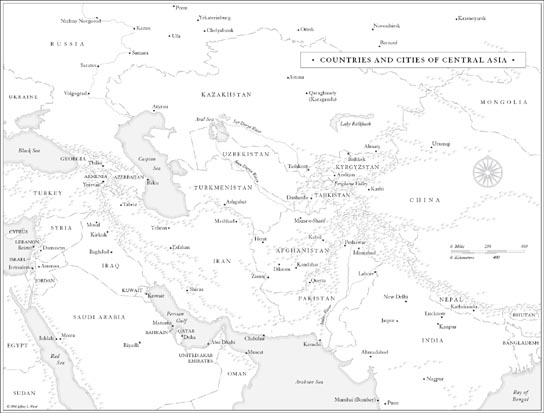
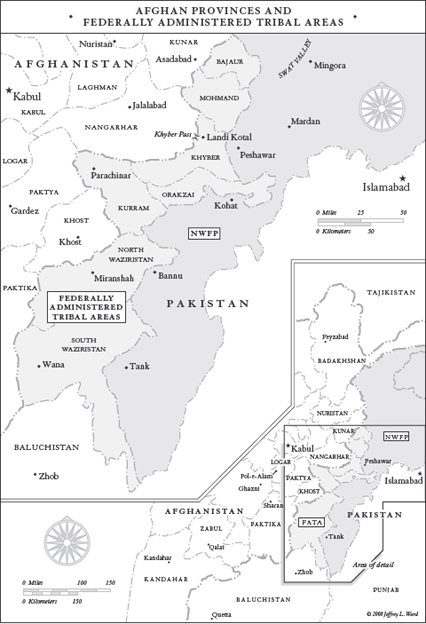
PREFACE
IN JANUARY 2009, when Barack Obama was inaugurated as the first black president of the United States, hopes of Americans and Europeans were high that he would make a greater U.S. commitment to Afghanistan in terms of money, troops, economic development, and state buildingand above all, to finding a political solution to end the war. Obamas promise to do all of that, and his expressed desire for a regional solution that would bring Afghanistans neighbors together in order to help the peace process, were even more welcome.
Obama did commit more of everything to Afghanistan, and many fields (such as education, health, media, the building of a new Afghan Army, and the degrading of Al Qaeda) have seen substantial improvements. However, the country has also seen a steady deterioration at almost every levelmilitary, political, economic, and human. Violence has increased substantially, and the Taliban insurgency is now a nationwide movement. Tragically, as the endgame approaches, the administration still lacks a political strategy: the U.S. military and intelligence are in the drivers seat. The United States and NATO now plan to leave by 2014. The administration makes statements about Western forces transitioning and about handing over authority to the Afghan government and army, but it offers no clarity about how that can be accomplished in the midst of a civil war.
The escalation of the war has helped prolong and deepen an already long-running crisis in Pakistan. Its political and military leadership has shown neither the courage nor the will nor the intelligence to carry out major reforms in the countrys foreign and economic policies. The Pakistani state still fosters many extremist jihadi fighters belonging to various groups, even as the Pakistani Taliban directly threatens that very state. The military has allowed the Afghan Taliban factions and their leaders safe sanctuary and support ever since 2001something the Americans knew well but failed to raise effectively. Social services are near collapse, law enforcement is abysmal, economic hardship is widespread, natural disasters occur with little or no government assistance, and the majority of the population has no security.
Undeniably, the military and political situation in both Afghanistan and Pakistan has deteriorated considerably during Obamas tenure in office. Moreover, for two years, the critical U.S.-Pakistan relationship has been in a steady process of breakdown or deterioration. Obama and his senior officials share a major part of the blame because their failure to act as a team has resulted in contradictory policies, intense political infighting, and uncertainty about U.S. aims and objectives in the region. Regional players have been allowed to manipulate these very contradictions. The legacies of the cold war and the war on terror are still with us. Against the backdrop of an American and European recession, we are still trying to wipe clean those historical legacies so that we can get on with improving our world.

